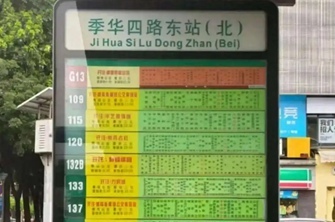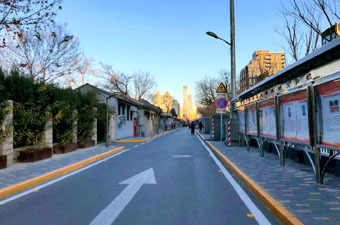On August 12, the National Development and Reform Commission announced the decision to punish the Shanghai Gold Jewelry Industry Association, Laofengxiang Silver House, Yuyuan Mall and other enterprises that manipulate the price of gold jewelry, and imposed a fine of 1% of the relevant sales of the previous year on five gold stores for price monopoly in accordance with the law, totaling RMB 10.0937 million. This is another eye-catching action taken by the antitrust department against the price monopoly of enterprises and industry associations after issuing huge fines on the price monopoly of liquor industry, LCD enterprises and milk powder enterprises this year.
However, it was embarrassing that, for the punishment of the National Development and Reform Commission, the stock prices of the involved enterprises Laofengxiang Silver House and Yuyuan Shopping Mall rose against the market on August 13, and Laofengxiang Silver House even rose by more than 6%. The fundamental reason for the abnormal performance of the market is that the final punishment result of the law enforcement agencies is far below everyone's expectations. Take Laofengxiang Silver House as an example. In 2012, the revenue of its jewelry products was 19.4 billion yuan. Even if the minimum penalty was 1%, the minimum penalty should be 200 million yuan, and the maximum penalty would be nearly 2 billion yuan. However, the final punishment result is only 3.2329 million yuan, which is roughly equivalent to its profit for two days. In addition, the illegal income of these enterprises has not been confiscated, which is regarded as the "softest knife" since the relevant departments punished price monopoly.
Adam Smith, the founder of market economy, once pointed out pointedly that the meeting between industry giants, even if it was just a chat and coffee, would end up harming the public interest. In fact, price monopoly, especially price cartel (monopoly combination), has always been regarded as the biggest enemy of market economy. The legislation of both Germany and the United States imposes the severest punishment on price cartels among all monopolistic acts. In addition to the maximum fine of three times the illegal income, it also stipulates that enterprises or individuals injured by price cartels, regardless of the size of the damage, will be compensated three times the amount of damage. At the same time, the Sherman Act It also regards price monopoly as a "serious crime" and requires criminal accountability.
In China, both the market economy and the anti-monopoly law are very young, and there is insufficient understanding of the harm of price monopoly in the concept of competition and commercial behavior. In order to safeguard the interests of the industry, industry associations or giants often implement price monopoly in the guise of safeguarding national brands in the form of informal talks and other covert forms. Before the introduction of China's anti-monopoly law, both color TV sets, washing machines and other industry giants had openly reached price agreements to protect the interests of the industry, but the public and the media did not pay attention to this. After the introduction of the Anti monopoly Law, although there are few such open price agreements, it is not uncommon for industry associations to reach price cartels in various forms. For example, on July 29, the State Administration for Industry and Commerce announced 12 concluded monopoly cases through its newly opened "Anti monopoly Case Publishing Platform". Among these cases, 9 cases involved the participation of relevant industry associations in organizing operators to reach monopoly agreements, which obviously damaged the competition order.
Anti monopoly law is called the constitution of market economy. China's market economy and competition order are not perfect, so we should strictly investigate all kinds of monopolistic behaviors that hinder the competition order, which will be of great benefit to maintaining the interests of consumers, maintaining the competition order of the industry, and forming a healthy competition concept. It should be noted that the concentration of many industries in China is not high, and most monopoly behaviors are mainly manifested in various forms of price cartels. Since this year, the National Development and Reform Commission and other departments have played a good role in punishing liquor, liquid crystal and other industries, especially the "foreign brand" milk powder enterprises, both in maintaining the competition order, protecting the interests of consumers, and popularizing the anti-monopoly law, safeguarding the authority of anti-monopoly to a certain extent. However, this "gentle attack" on the gold jewelry industry has given a lot of enterprises with price monopoly a great deal of luck and cast a shadow on the implementation of the anti-monopoly law in the future. China's anti-monopoly law is crude and young. The anti-monopoly tradition is weak in China. If the law enforcement is too weak, the anti-monopoly law will become a toothless tiger sooner or later.
(Editor in charge: Nian Wei)

























